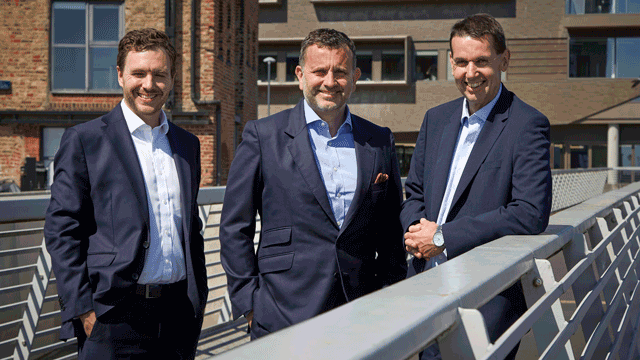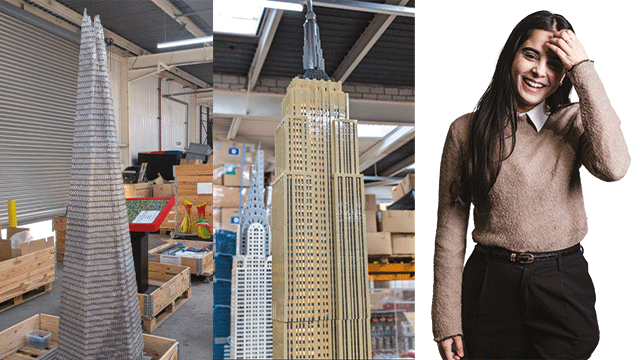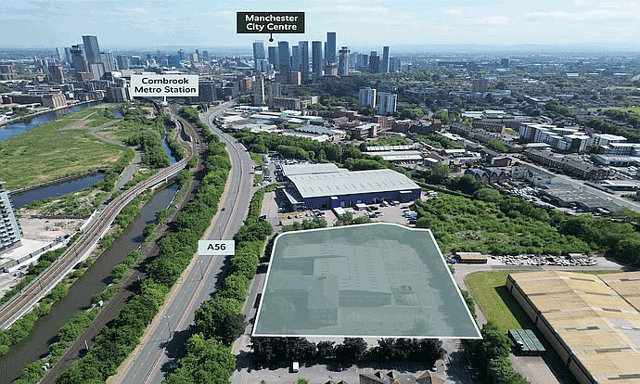JLL has reduced its expectations for full-year UK investment volumes to between £30bn and £35bn, as it reported a first-half investment total of £14.2bn.
The H1 figure is down 53% on the £30.6bn of transactions recorded by the same point in 2022. JLL said it did not expect to see a substantial increase in momentum over the remainder of this year, after sustained inflationary pressures and accompanying interest rate rises combined to prolong the downturn.
Its latest investor survey supported this outlook, with 83% of respondents expecting to wait until 2024 for transaction volumes to increase, and most expecting the improvement to come in the second half of 2024. The largest share (41%) expect total allocations to real estate to decrease over the next 12 months, reducing the pool of overall liquidity. Most investors also expect pricing to soften over this period.
JLL said the subdued activity seen so far this year left volumes 37% below the 10-year average. This makes the first half of 2023 the weakest H1 since 2020 when volumes fell as low as £13.3bn because of the initial Covid-19 lockdown period.
Offices made up the largest share of investment activity, reaching £4.4bn in H1. This was a 61% decrease on 2022 H1, when volumes reached £11.4bn, and 51% below the 10-year average. Total office investment reduced by 42% quarter on quarter from £2.8bn in Q1 to £1.6bn in Q2, paving the way for the living sector to overtake office volumes in Q2.
Offices accounted for 31% of investment activity during the period, versus a 10-year average of 40%, while investment into living showed the sharpest increase in sector share, at 27% versus a 10-year average of 17%. Retail and industrial were also up on the 10-year average.
A resurgence in student accommodation investment is helping to prop up the H1 figures: investment into this sector totalled £1bn in Q2 after just £134.5m was invested in Q1. This boost was supported by JLL’s survey results, with 41% of investors choosing student housing as the most resilient sector over the next 12 months and 27% predicting that it would provide the greatest opportunities over the next five years, alongside life sciences and multi-let industrial.
Andrew Frost, head of residential and capital markets at JLL, said: “The investment market has remained very subdued throughout the first half of this year, with rising interest rates creating uncertain pricing dynamics and cautious investor behaviour. Sentiment is weak overall but divergent sector trends are developing, with the more popular logistics and living sectors in particular beginning to see increased activity. Financing options are also very sector-driven, exacerbating this divergence, but the broad lender pool continues to provide new, creative solutions and the market remains open.”
International investors remain a key driving force in the UK market, comprising 53% of investment volumes in the first half of the year. In terms of regional buyers, the Americas led the way, contributing 23% of total investment, with the USA being the largest individual source of capital, investing £2.7bn. This was followed by Asia-Pacific investors accounting for 17% of total investment in H1, with Singapore as the largest source investing £1.1bn in H1.
Over the next 12 months, 48% of investors expect the Middle East to be the most active source of international capital, followed closely by the US (47%).
Despite current economic challenges, JLL’s survey showed that the focus on environmental and social impact has either remained the same or increased for 100% of respondents. The approach to sustainability is evolving in terms of decision-making drivers, with real energy use and emissions data becoming increasingly important. Some 32% of respondents chose this as the biggest driver, surpassing EPC rating (28%) and certification score (22%).
Cameron Ramsey, EMEA and UK capital markets research and strategy director, said: “While the economic environment still feels very challenging, recent data suggests the worst is behind us and conditions are likely to improve over the coming months. We expect transaction volumes to stay low in the short term, but pricing will stabilise, and confidence will improve as we move towards next year. Capital is available for the right opportunities, and these will increasingly emerge across the risk spectrum.”
To send feedback, e-mail julia.cahill@eg.co.uk or tweet @EGJuliaC or @EGPropertyNews











